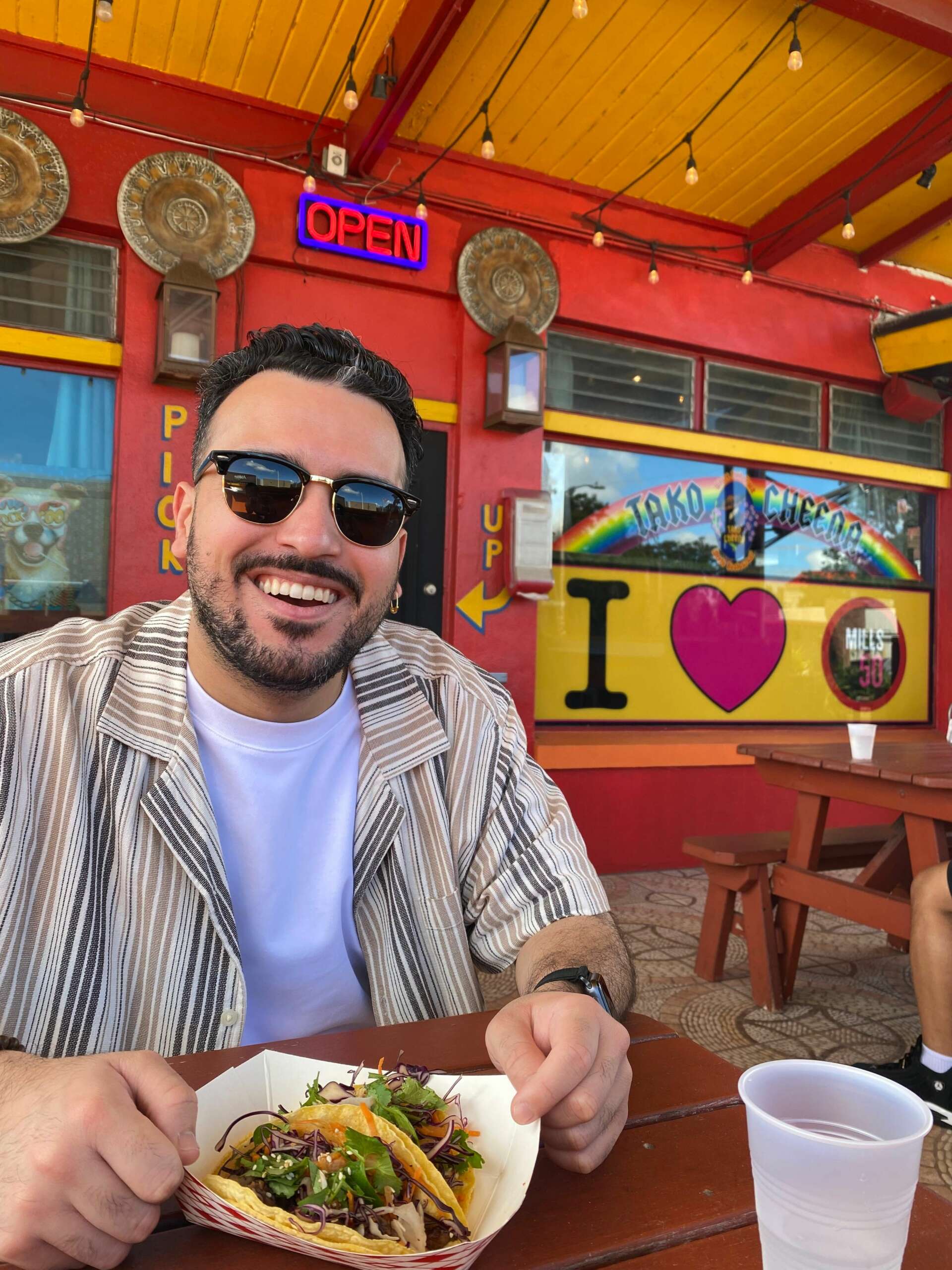We caught up with the brilliant and insightful Michael Ortiz a few weeks ago and have shared our conversation below.
Michael, thanks for taking the time to share your stories with us today Are you happier as a creative? Do you sometimes think about what it would be like to just have a regular job? Can you talk to us about how you think through these emotions?
I’m always happiest whenever my art is the work, but I also want to dispel this notion that the only choices are between being an artist and having a “normal” job. I feel really grateful to be in a position where I get to use my skillset as an performer in every aspect of my work. I work for a tech company doing corporate role play simulations in VR. I still consider it my “day job” so to speak, but it’s acting, and it provides me with the funds and flexibility to pursue my personal creative endeavors.
Don’t get me wrong, I’ve had moments where I’ve thought about how it would be nice to have more. Being a theater artist is not the most lucrative career path. The industry is hanging on by a thread, and I’m finding that more and more of my friends and colleagues are struggling to find work. I live in a shoebox of a one-bedroom apartment with my fiancée, who is also an artist, and as we’re planning our wedding, we’ve also been doing a lot of thinking about our plan for the next five years. What are our career goals, financial goals, family planning goals? There are a lot of things we want to do that require a lot of money – money that, quite frankly, we don’t have. It’s made me think a lot about how in the next five years, I’d love to be in a place where I don’t have to balance a full-time job with my artistic career. But I think a lot of people have that thought, and the thing that they feel they need to compromise is the artistic career, which is not something that I think either of us want to compromise. I haven’t been hustling in NYC for the better part of a decade to just throw in the towel for the sake of having a “normal” career that doesn’t feel meaningful to me. The last thing I want to compromise is my happiness. If anything, it’s been the kick in the butt I needed to make sure I’m working even harder to achieve that level of sustainability.
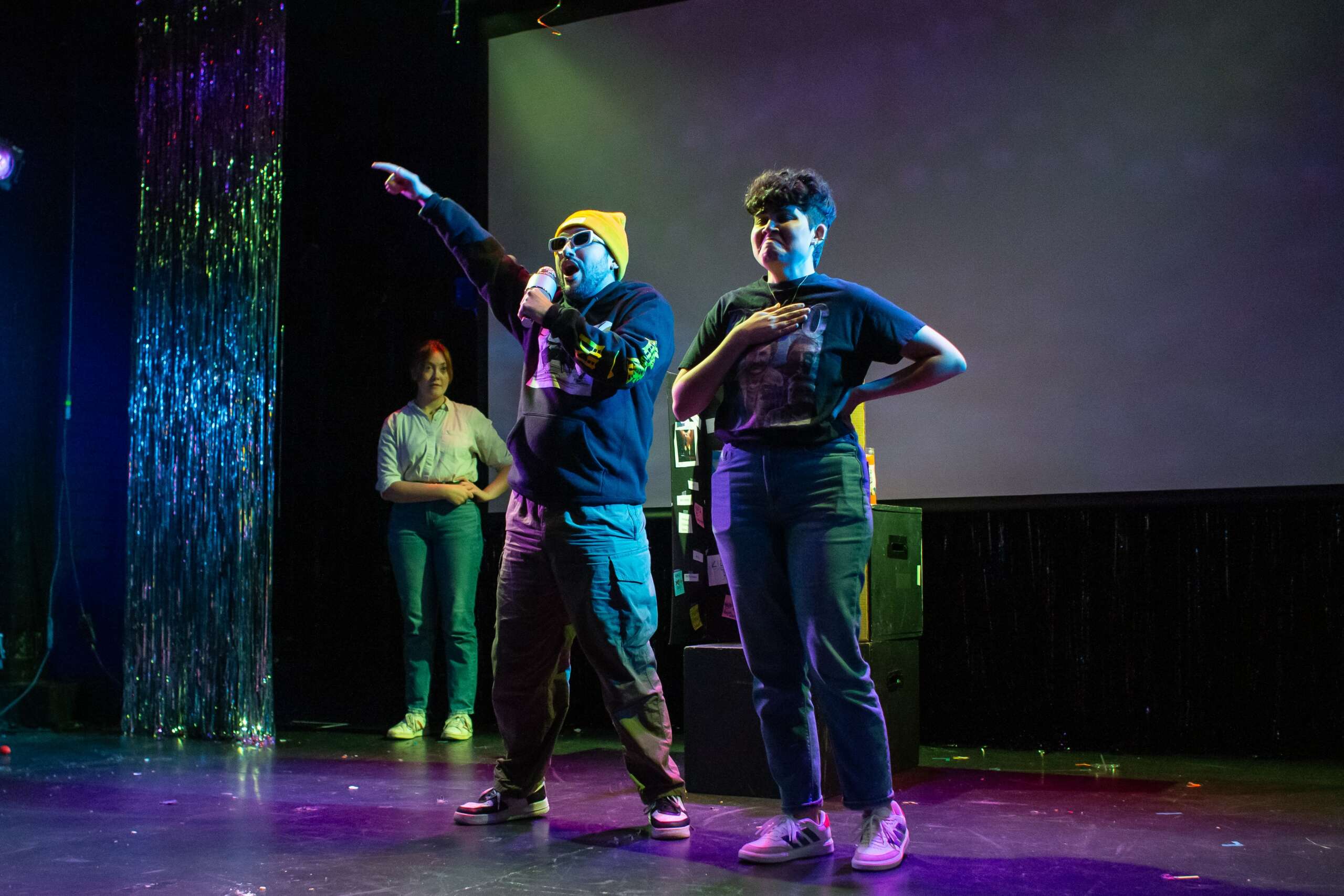
Michael, love having you share your insights with us. Before we ask you more questions, maybe you can take a moment to introduce yourself to our readers who might have missed our earlier conversations?
My name is Michael Ortiz and I’m an independent theater producer, actor, director, and administrator based in New York City. I was raised in Orlando, Florida and I’ve been living and working in NYC for about seven years. I currently produce and host a short play series in midtown Manhattan called SERIALS, and I’m one of the Co-Artistic Directors of Breaking & Entering Theater Collective. I’ve performed Off-Broadway in comedies like “Puffs, or Seven Increasingly Eventful Years at a Certain School of Magic and Magic” at New World Stages, regionally at Williamstown Theater Festival, and abroad at Edinburgh Fringe.
A lot of my identity and core values as an artist stem from my time as a member of The Bats, the former resident acting company at The Flea Theater. It was my first gig after moving to the city. I met my core group of artist friends there, and The Flea is how I got connected to SERIALS. SERIALS is a late-night episodic short play competition series. Five shows go in, the audience votes on their favorites, and the top three plays come back for the next cycle with a new installment of the same storyline. It’s a gym for artists, it’s a new play incubator, and it’s an also community space. A group of former Bats created the show as a way to put on their own work without needing the artistic oversight of Flea staff. Something about it felt really collegiate in the best way, and at SERIALS I really felt like I was part of a community for the first time since moving to the city.
That said, my time at The Flea was also really tumultuous. The theater itself was a really exploitative work environment, and it fostered a culture where folks wouldn’t speak up for fear of having their careers stunted before they’d even taken off. It’s a trap that a lot of early career artists fall into and I started to feel stuck. Around that time, I got connected Breaking & Entering. It was a small group, but it really was a collective in the truest sense of the word. To see artists standing in their creative power without needing the support of an institution hovering over them was really inspiring, and I joined within a year.
The Bats eventually went on strike and ultimately left The Flea to found our own collective called The Fled. I started producing SERIALS with a small team as a Fled Collective program to keep the show going separately from The Flea. At the same time, B&E started growing. and then I became a Co-Artistic Director and started helping produce our summer Rooftop Reading series. When The Fled dissolved last year, SERIALS became fully independent and we decided to find a new theater to produce the show. Now we operate out of The Tank in Midtown, and we’re generating new work at an incredibly rapid pace.
I want to create work that work that feels accessible and exciting for artists and audiences, and I want to build community spaces where creatives can connect. At SERIALS and B&E, we put on programs that have regularly returning artists and audience members, and the work that we’re doing is way more exciting to me than what’s happening in a lot of commercial theater right now. We’re giving artists a playground to throw something the wall and see what sticks, which is so vital to the development process yet is somehow such a rare thing to find out here. In the last four years since I’ve stared producing, we’ve developed seven full length plays at SERIALS. a few of which have gone on to have further development opportunities at other indie institutions across Manhattan and Brooklyn. And we’ve helped dozens of other artists kickstart a litany of other projects. I’m really proud of it. Broadway is out. Indie is in.
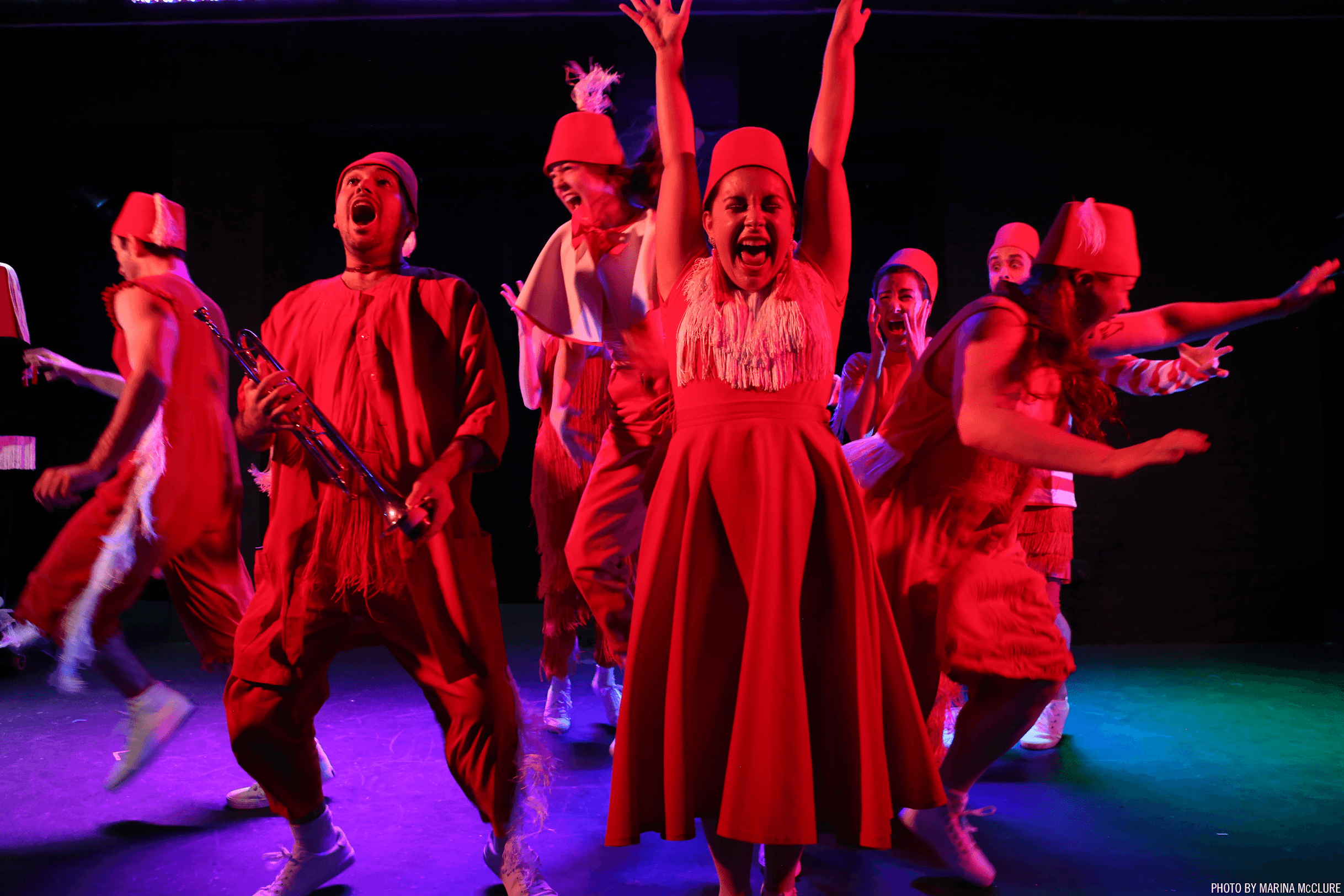
What’s a lesson you had to unlearn and what’s the backstory?
I really had to unlearn the idea of networking early in my career. In undergrad, there was a really heavy emphasis on how competitive you need to be in to make it in the industry. The idea was essentially, “You are a product and everyone is your competition, so you need to know how to market yourself and how to network to get ahead.” When I first moved up here, I really led with that networking mentality. I treated every conversation with another creative as an opportunity to try to sell myself, and as a result I really felt myself struggling to make meaningful connections because I was always “on”. I could feel that I was being disingenuous. It wasn’t until I joined SERIALS that I started making new friends and actually enjoyed the work I was doing again. It was such a low-stakes environment where nobody felt the need to try to impress each other; everyone was just enjoying making art together. That was when I stopped seeing my peers as competition and started seeing them as community. And once I stopped trying so hard to sell myself, then I actually started booking bigger gigs.
That struggle with always trying to impress people turned into imposter syndrome once I started getting back into higher stakes environments, though. I started finding my mindset shifting back when I made my Off-Broadway debut. I was surrounded by artists who in my mind were of a higher caliber than me, and rather than just accepting that these were my peers, I tried really hard to prove myself to my castmates. I felt myself being “on” again rather than just being myself, which affected my ability to listen and to really connect with my colleagues. And what was point? Why was I putting my peers up on a pedestal and not allowing myself to also be at their level?
It took me a long time to work my way out of that mindset, but I had to because I was becoming my own biggest obstacle. And the difference since I made that mindset shift has been night and day.
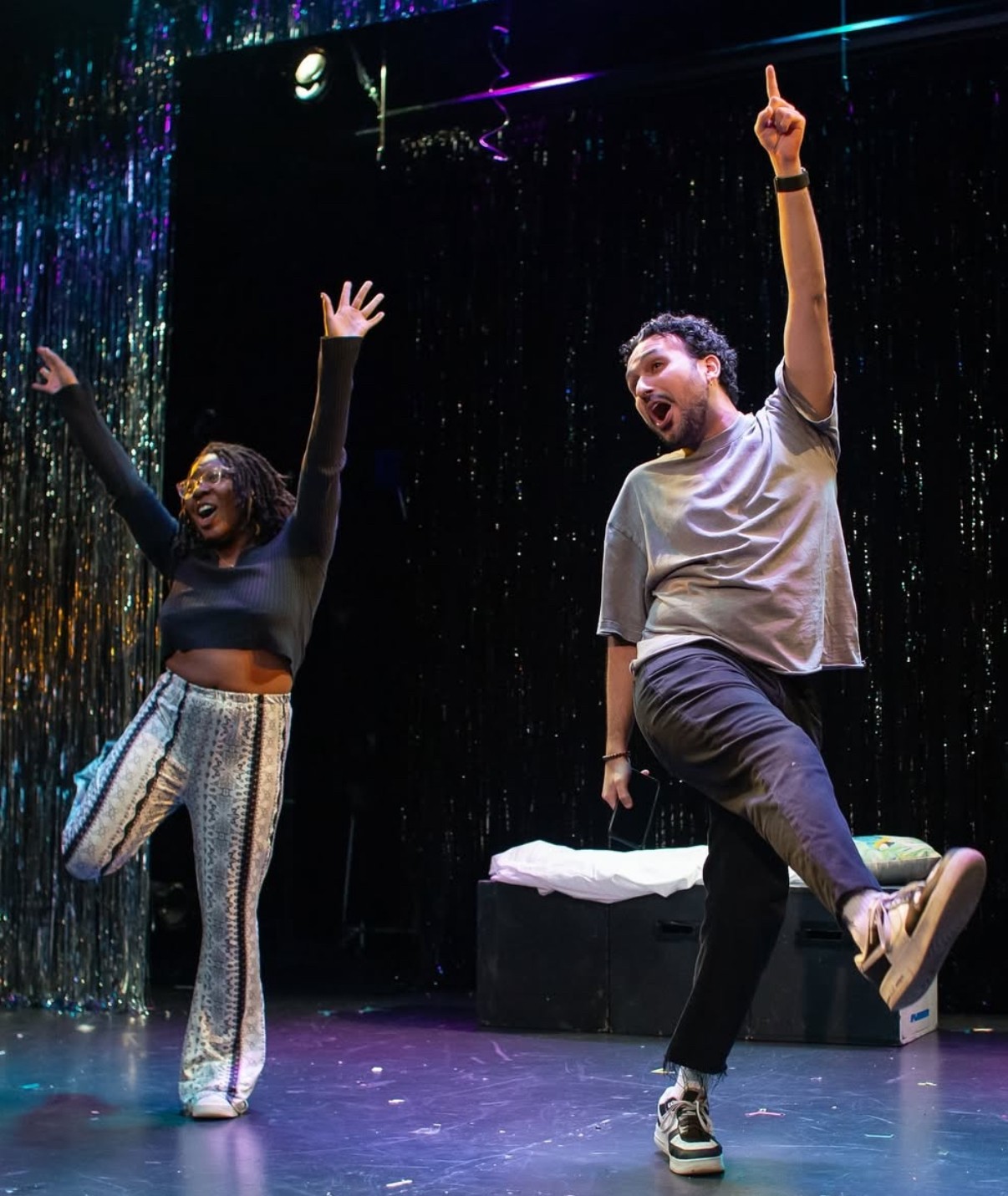
What can society do to ensure an environment that’s helpful to artists and creatives?
Help promote and financially support independent art and independent artists! All of your favorite artists had to get a start somewhere, and it’s no secret that many artists regularly have to choose between their creative and financial stability. Even art that is free to consume isn’t free to make, and many institutions that financially back artists do so at the cost of their creative control. As a result, many artists make very little money off the work that’s actually meaningful to them, and a lot of the work that is getting money thrown at it is cookie cutter. If you want to consume art that is genuinely new and exciting, you have to help contribute to the artists who are making it. Instead of spending $150 to see one Broadway show, you could spend $30 a piece to see five different indie shows downtown or in another borough. Instead of buying coffee and a bagel one day, donate that $10 towards your friend’s GoFundMe for their upcoming show. Subscribe to your favorite show or podcast’s Patreon. And if you don’t have the funds to offer financial support, that’s where the promotion piece comes in. Share your friend’s Instagram posts about their upcoming show. Share that donation link. Get old school and hang up a poster! Literally any helps. Indie artists rely on the support of their local communities to do what they do, so offer support however you can.
Contact Info:
- Website: https://michael-ortiz.com
- Instagram: @mctease
- Other: SERIALS Instagram: @serialsnyc
Breaking & Entering Instagram: @bethtrco
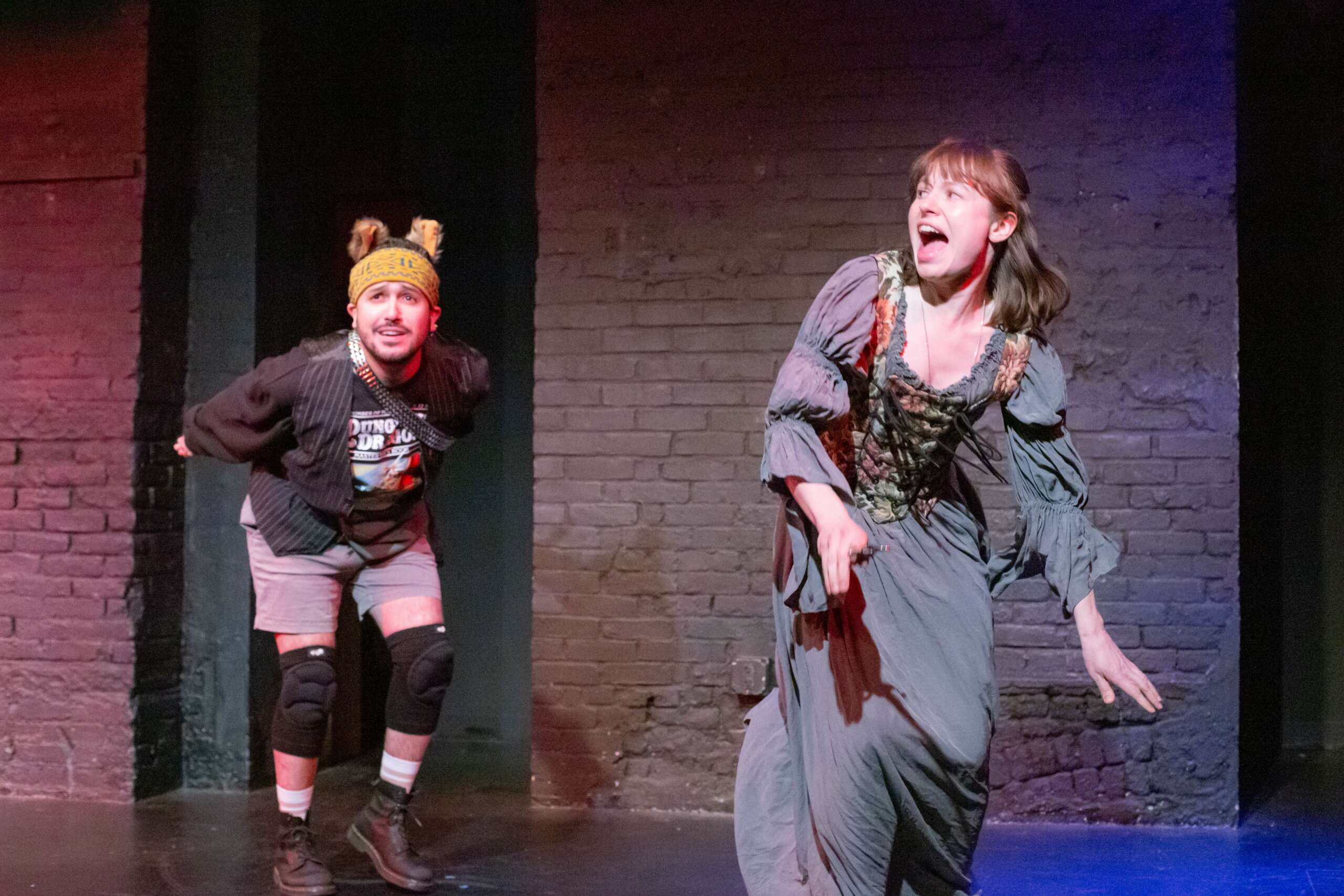
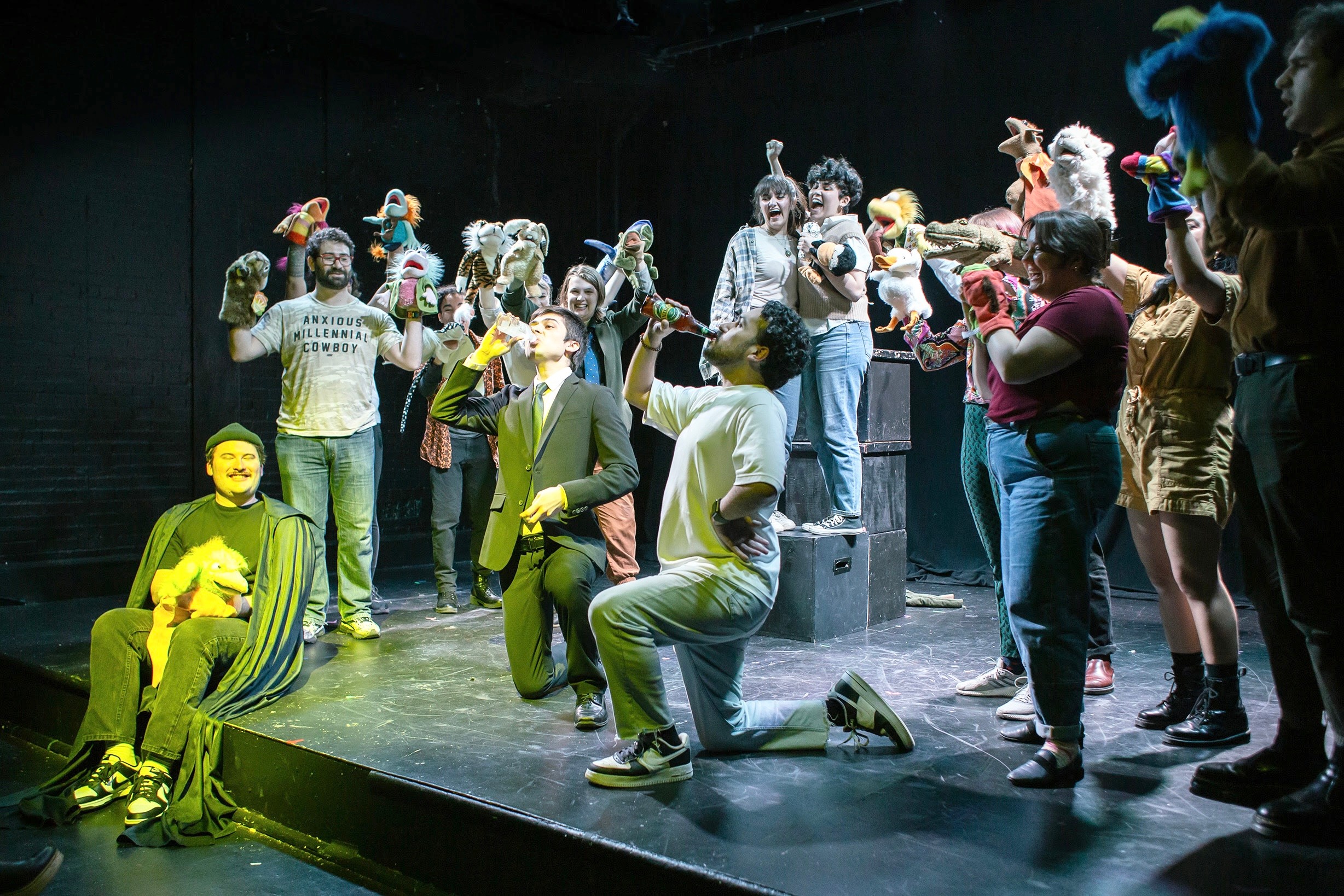
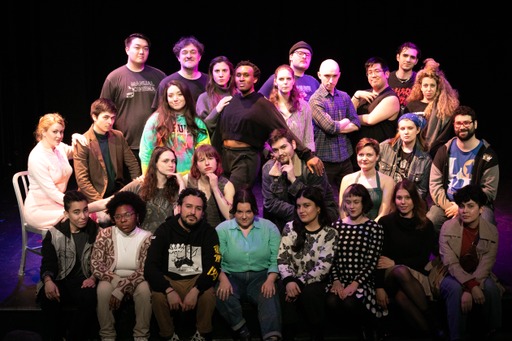
Image Credits
Madison Scheps


